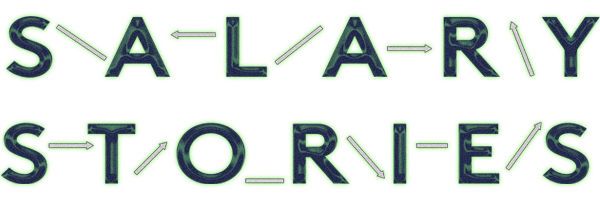
I Make $105K As An Executive Assistant — & I'm Starting A New Coding Career
ADVERTISEMENT
In our series Salary Stories, women with long-term career experience open up about the most intimate details of their jobs: compensation. It’s an honest look at how real people navigate the complicated world of negotiating, raises, promotions, and job loss, with the hope it will give young women more insight into how to advocate for themselves — and maybe take a few risks along the way.
Been in the workforce for at least eight years and interested in contributing your salary story? Submit your information here.
Previously, we talked to a sales research manager in New York City , a psychologist in Los Angeles, and a strategy director in New York City.
Age: 32
Current Location: San Francisco, CA
Current Industry & Title: Tech, Executive Assistant
Starting Salary: $30,000 in 2009
Current Salary: $105,000
Number Of Years Employed: 10
Biggest Salary Jump: $55,000 (from $60,000 to $105,000) in 2018
Biggest Salary Drop: $20,000 (from $80,000 to $65,000) in 2016
Biggest Salary Negotiation Regret: “Earlier on in my career I wasn’t always aware of the different ways I could negotiate. A lot of people don’t realize that you can negotiate for things like raises, and think we just have to accept what’s given to us. In the past, I didn’t have the confidence to really stand up for myself and see what else I could ask for. I’ve recently negotiated for spending a percentage of my working time on personal development projects. I didn’t have the confidence in the past to negotiate for things that matter to me — like working from home one day a week or spending time working on personal things — but I’ve realized there are a lot of different things you can negotiate that aren’t money. So, looking back, I think not realizing this sooner is the biggest regret I have.”
Best Salary-Related Advice: “It can be easy to up-level yourself by moving from company to company and it’s something I’ve done in the past, but there are also some benefits to sticking with a company long-term. Whether it’s getting to negotiate for things like personal development or just getting to know and trust the people you’re working with, it’s a great way to get people who can go to bat for you in the future and make connections. It can be tempting to take bait from recruiters and jump around, but there’s also an upside to sticking with a company for long enough to grow and develop.”
ADVERTISEMENT
ADVERTISEMENT






